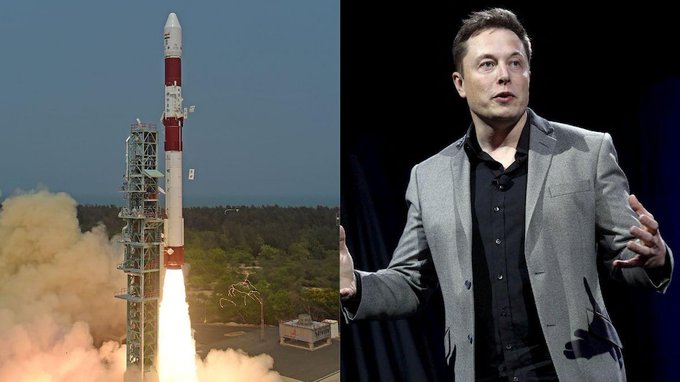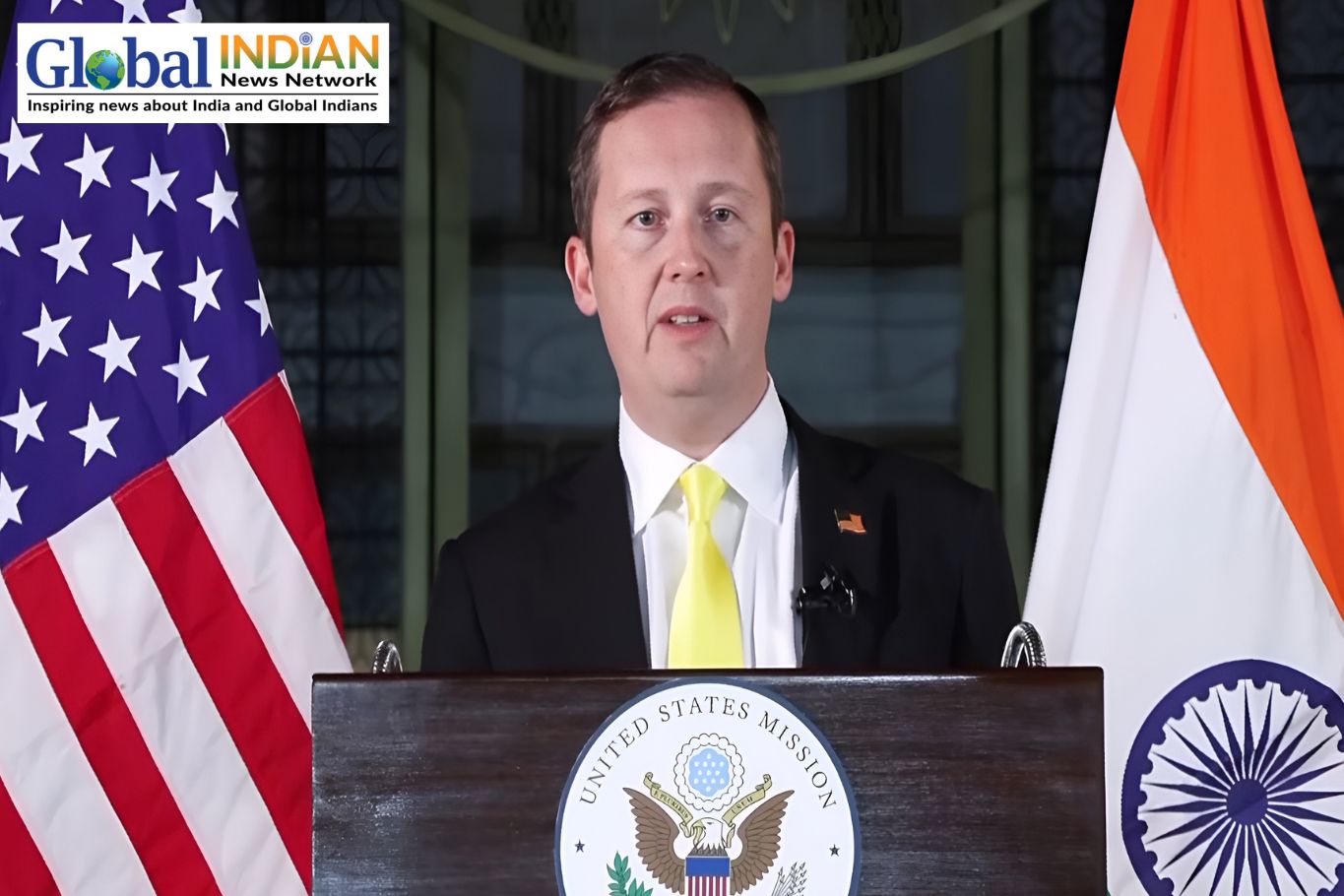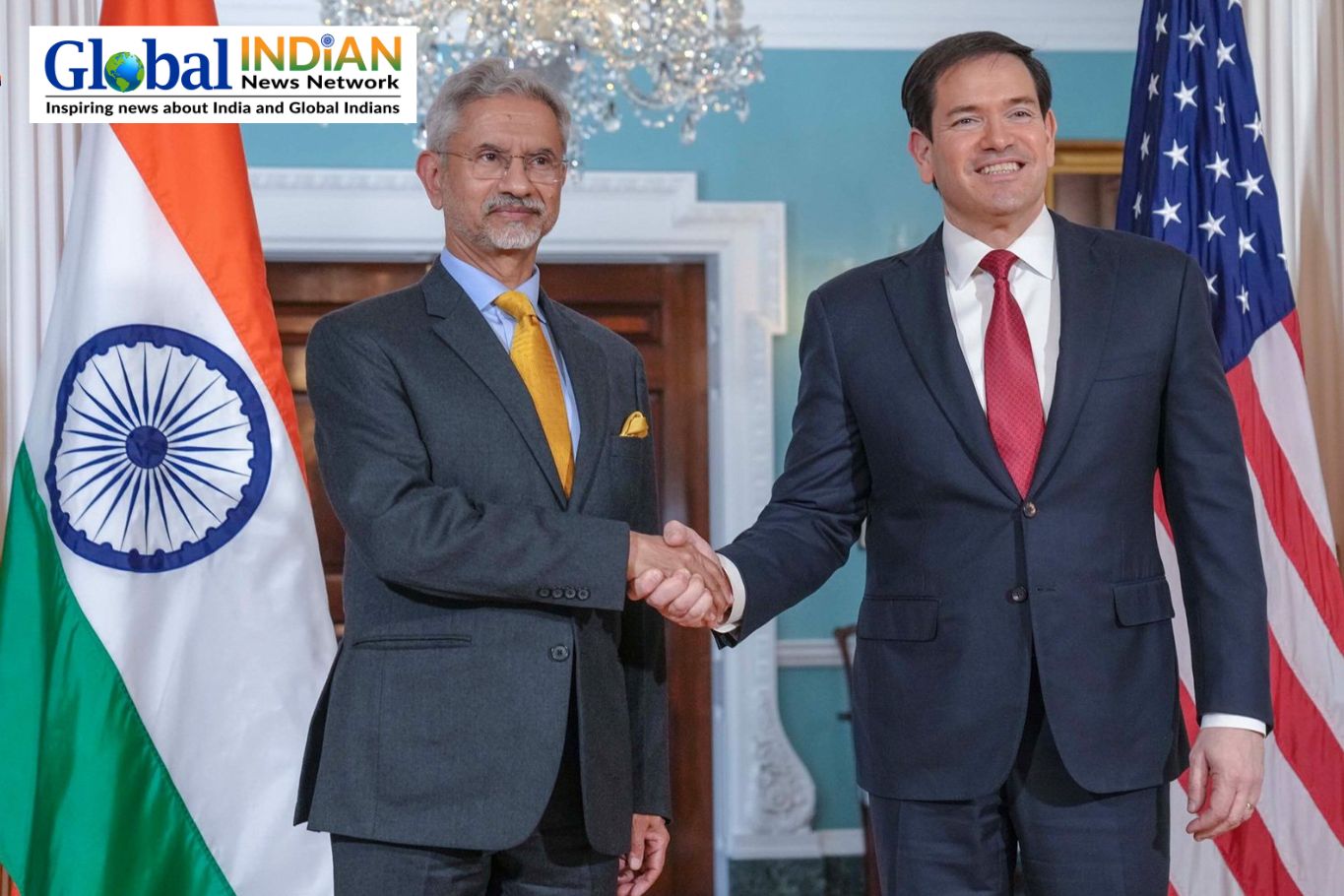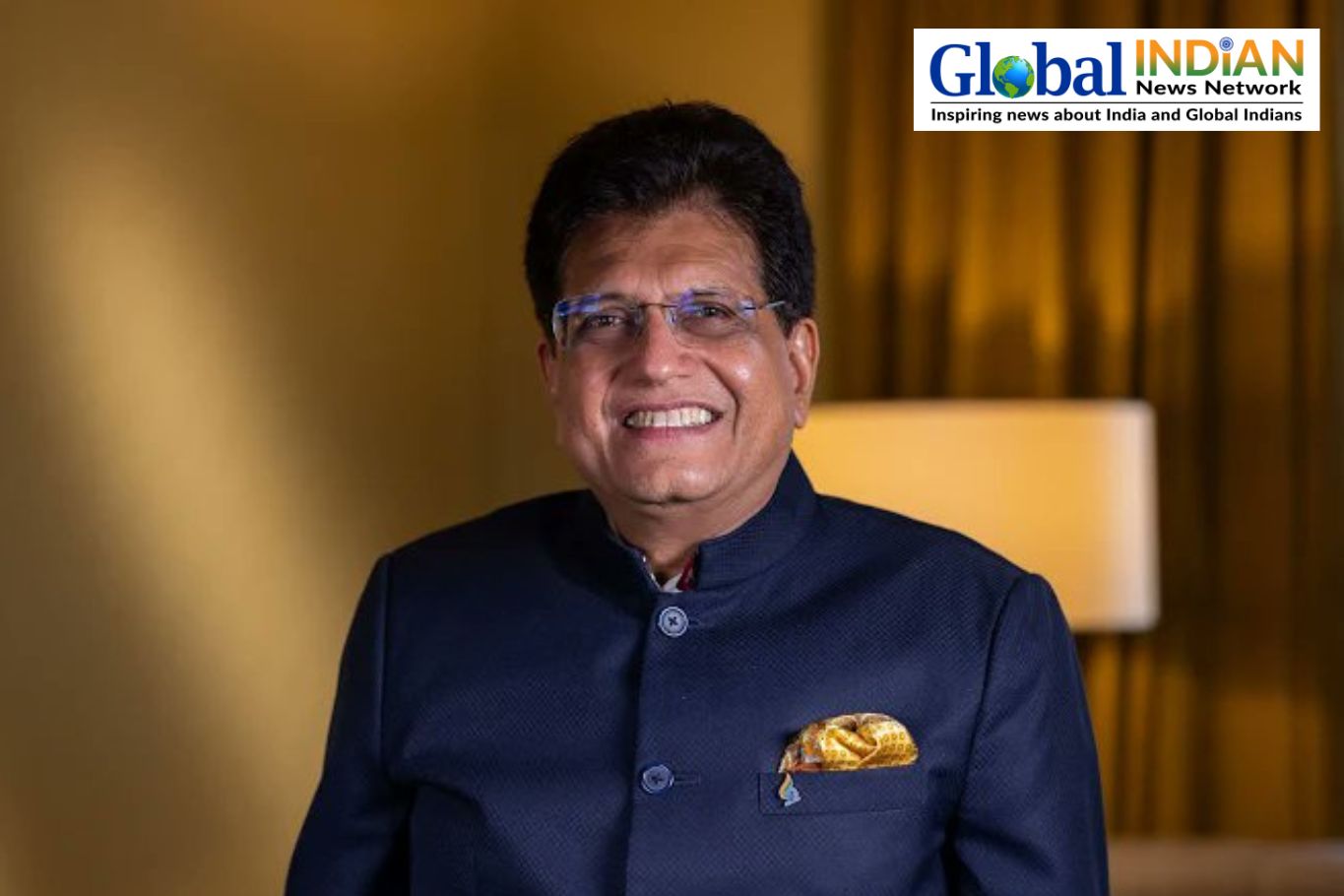 SpaceX, the aerospace company led by Elon Musk, has become the first major collaborator with India’s space agency, ISRO, through a multi-million-dollar deal. SpaceX’s Falcon 9 rocket will launch India’s most advanced communications satellite, GSAT-N2, next week.
SpaceX, the aerospace company led by Elon Musk, has become the first major collaborator with India’s space agency, ISRO, through a multi-million-dollar deal. SpaceX’s Falcon 9 rocket will launch India’s most advanced communications satellite, GSAT-N2, next week.
This collaboration marks the beginning of several commercial engagements between ISRO and SpaceX. While some view the two as competitors in low-cost satellite launches, SpaceX’s leadership in the global commercial space market remains unchallenged.
GSAT-N2, also known as GSAT-20, weighs 4,700 kg, making it too heavy for India’s own rockets like the Launch Vehicle Mark-3 (nicknamed “Bahubali”), which can only carry up to 4,100 kg. As other options, like Arianespace, are unavailable due to operational limitations, and Chinese and Russian rockets remain unviable, SpaceX became the preferred choice.
Radhakrishnan Durairaj, Chairman of New Space India Ltd (NSIL), ISRO’s commercial arm, described the deal with SpaceX as technically and financially beneficial. The satellite, designed for a 14-year mission life, features 32 user beams—eight targeting the northeast region and 24 covering the rest of India. It will enable improved communication services and in-flight internet connectivity through hub stations located within India.
India’s partnership with SpaceX extends beyond this launch. In another agreement, ISRO will send an Indian astronaut to the International Space Station on a SpaceX Falcon 9 and Crew Dragon system. This $60 million mission underscores India’s growing presence in global space exploration.
Elon Musk, who has expressed admiration for Prime Minister Modi, recently emphasized his excitement about India’s potential for significant investments. Meanwhile, SpaceX’s Starlink awaits licensing approval to provide satellite-based internet services in India, pending compliance with security regulations.
This partnership signals a new chapter in India’s space ambitions, leveraging global collaborations to advance technology and connectivity.











